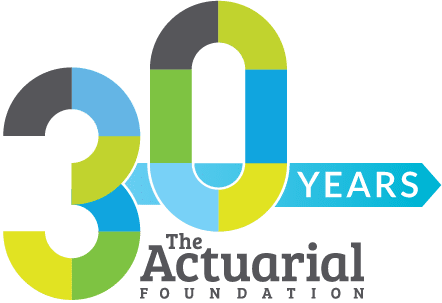The Power of Questions
May 13, 2021
By: Sarrah Stankiewicz

Imagine a tutor and student working on an algebra assignment. Imagine this pre-pandemic, when we might see them sitting across from each other at a table, pencils in hand, worksheet between them.
Who’s asking the questions?
When we imagine the tutor as the support, the guide, the one with the knowledge, it’s natural to assume that it’s the student asking the questions and the tutor providing the answers. And that’s definitely a situation that happens.
But the image I just conjured is only part of the role a tutor can play. There is amazing power in asking the right questions. Asking questions can access prior knowledge, link concepts, challenge misconceptions, deepen thinking, and reinforce new information and skills. Asking questions shows the student what they know already and what they still need to figure out.
Harvard’s Project Zero has a wealth of resources and information about thinking routines. When I studied to become certified as a teacher, I learned about habits of thought. By asking questions like “what makes you say that?” or “tell me more about that,” tutors are not only helping the student solve an algebra problem, they are allowing the student to practice thinking skills with benefits that reach far outside the task at hand.
Asking questions that foster a student’s understanding goes hand-in-hand with another crucial element of tutoring: silence. If the question asks a student to detail their thinking, make a link between two things, or expand on their response, then there needs to be space for that answer. There needs to be quiet. A tutor needs to listen.
Last year, during a Math Motivators tutoring session in Portland, Maine, I overheard a conversation between a tutor and student that filled me with a deep sense of satisfaction. The student had just finished writing the answer to a problem on the worksheet. He slid the paper across the table to his tutor to gauge his success. Instead of saying, “Yup, that’s right,” and moving on, the tutor replied, “OK, tell me what you did here.” The student looked at the paper for a moment with a hesitant air. The tutor didn’t fill that silence with more talking, he remained quiet. Then the student looked up at his tutor and began to explain in detail the steps he took to arrive at the answer. It only took a few sentences, but his words clearly demonstrated that he had accessed prior knowledge and applied it to this new situation correctly. Tutor and student smiled at each other, I think both feeling more confident than they had only a moment before.
Learn more about Math Motivators by visiting our webpage.
Categories: Educators, Math Motivators
Tags:
